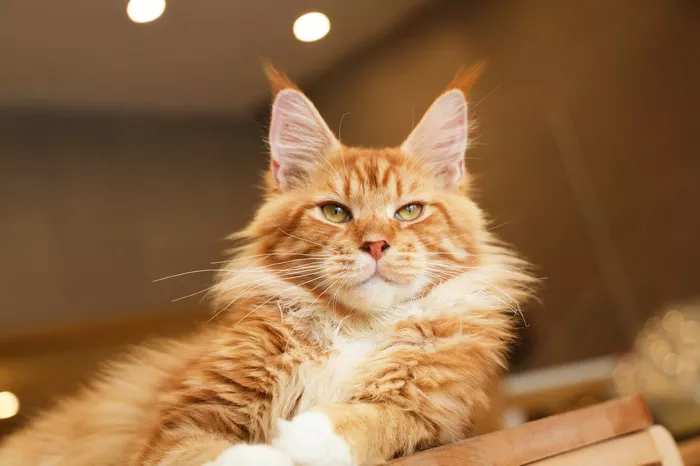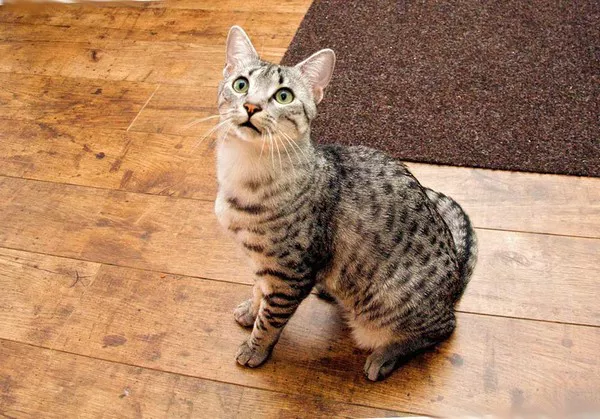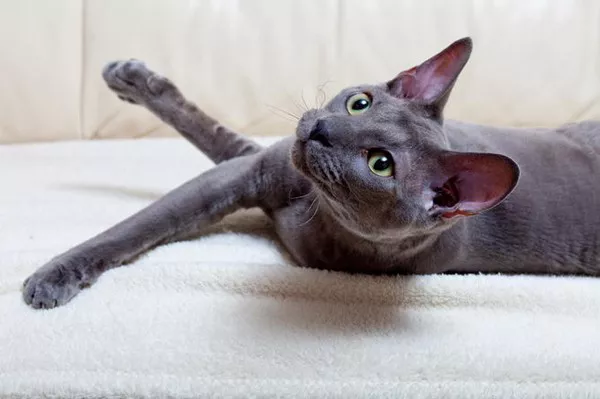Maine Coon cats, with their majestic appearance and gentle demeanor, are among the most beloved cat breeds. Renowned for their large size, tufted ears, and luxurious coats, these felines are often cherished members of the family. However, like any cat, Maine Coons can be finicky eaters, and when faced with the refusal to eat dry food, pet owners may find themselves in a perplexing situation. In this comprehensive guide, we explore the potential reasons behind a Maine Coon’s aversion to dry food and offer insights on how to address this dietary challenge.
Maine Coon Dietary Preferences:
Before delving into the potential reasons for a Maine Coon’s reluctance to consume dry food, it’s essential to understand the dietary preferences of this particular breed. Maine Coons are known for their love of food, and their large size typically corresponds with a hearty appetite. However, individual preferences can vary, and factors such as age, health, and previous dietary experiences play a crucial role in shaping a Maine Coon’s eating habits.
Common Reasons for Avoiding Dry Food:
1. Dental Issues:
Maine Coons, like many cat breeds, may develop dental problems that make chewing dry kibble uncomfortable.
Issues such as gum disease or tooth sensitivity can contribute to a reluctance to consume dry food.
2. Texture Preferences:
Cats, including Maine Coons, can be particular about the texture of their food.
Some may prefer the moisture and softer texture of wet food over the crunchiness of dry kibble.
3. Health Concerns:
Underlying health issues, such as gastrointestinal problems or dental pain, can impact a cat’s willingness to eat dry food.
In such cases, it’s crucial to consult with a veterinarian to rule out any potential health issues.
4. Environmental Factors:
Changes in the environment, such as the introduction of a new pet, moving to a new home, or changes in routine, can affect a cat’s eating habits.
Stress or anxiety may lead to a temporary aversion to certain types of food, including dry kibble.
5. Food Sensitivities:
Maine Coons, like other cats, may develop sensitivities or allergies to certain ingredients in dry food.
Common allergens include grains, artificial additives, or specific protein sources.
Steps to Address a Maine Coon’s Aversion to Dry Food:
Consult with a Veterinarian:
If a Maine Coon shows a sudden change in eating habits or refuses dry food consistently, a visit to the veterinarian is essential.
Professional guidance can help rule out health issues and determine the best course of action.
Dental Checkup:
A thorough dental examination can identify any dental issues that might be causing discomfort.
Dental problems can often be addressed through dental cleanings or necessary treatments.
Gradual Transition:
For cats with texture preferences, a gradual transition from wet to dry food or the introduction of a mix may be helpful.
Mixing small amounts of wet food with dry kibble can make the transition more appealing.
Try Different Brands:
Experimenting with different brands of dry cat food allows pet owners to identify preferences.
Maine Coons may show a preference for specific flavors or formulations.
Addressing Stress:
If environmental stressors are identified, efforts should be made to address and alleviate them.
Providing a secure and comfortable environment can positively impact a cat’s eating habits.
Offering Variety:
Offering a variety of cat-friendly treats or rotating different types of wet and dry food can keep mealtime interesting.
Maine Coons may respond positively to the introduction of novel textures and flavors.
Moisture-Rich Supplements:
If a Maine Coon consistently avoids dry food, incorporating moisture-rich supplements can help ensure hydration.
Mixing wet food with water or providing wet food alongside dry kibble can increase overall moisture intake.
The Importance of a Balanced Diet:
Regardless of a Maine Coon’s dietary preferences, ensuring a balanced and nutritionally complete diet is crucial for their overall health and well-being. If dry food is a staple in their diet, choosing high-quality cat food with essential nutrients is paramount. Consultation with a veterinarian can provide guidance on selecting the most appropriate diet based on the individual needs of the cat.
Conclusion
Understanding why a Maine Coon may avoid dry food involves a combination of factors, from dental health to individual taste preferences. Patient observation, a proactive approach to addressing potential issues, and collaboration with a veterinarian can contribute to a positive eating experience for these majestic felines. As responsible pet owners, ensuring that Maine Coons receive the nutrition they need while accommodating their individual preferences is key to fostering a healthy and happy relationship between cats and their devoted human companions.


























